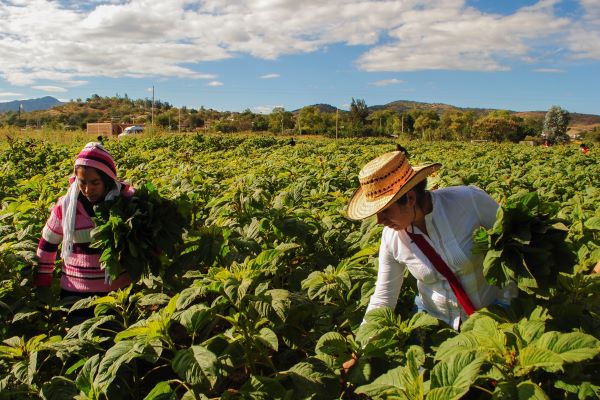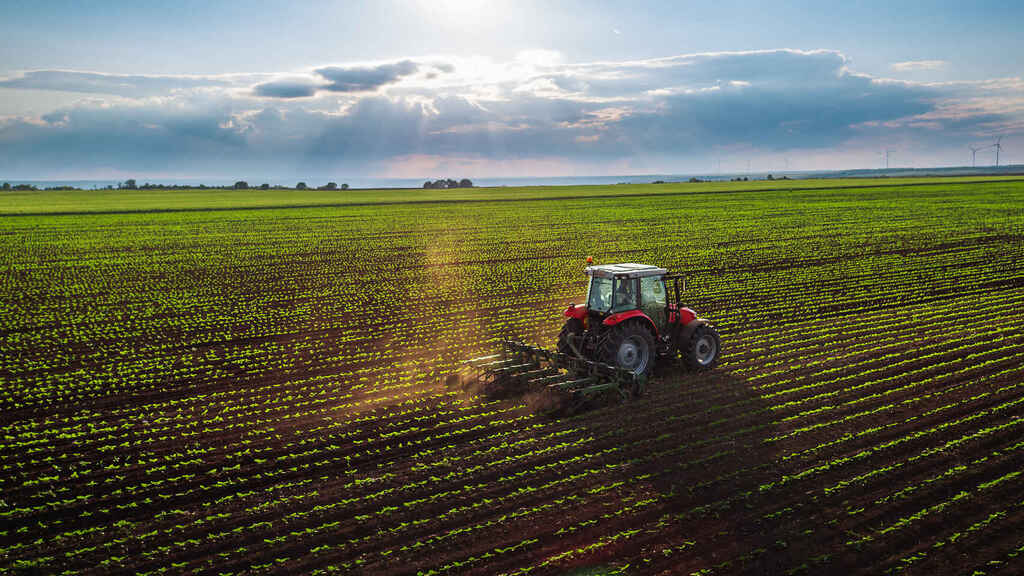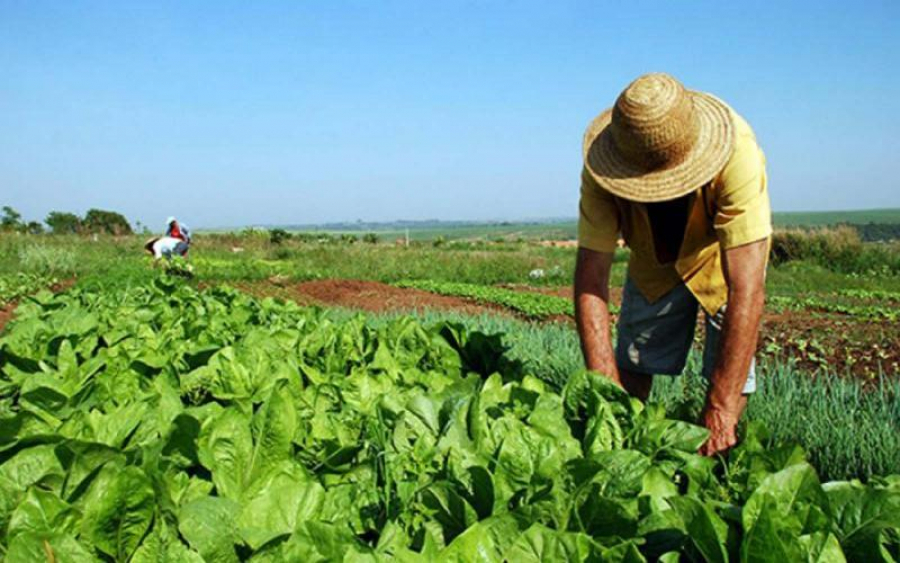Representatives from Argentina, Bahamas, Bolivia, Brazil, Chile, Colombia, Costa Rica, Dominican Republic, Ecuador, El Salvador, Guatemala, Guyana, Haiti, Honduras, Mexico, Panama, Peru, Dominican Republic and Uruguay shared their experiences.
Also participating were the Instituto Interamericano de Cooperación para la Agricultura (IICA) and representatives of the regional and subregional offices of the Food and Agriculture Organization of the United Nations (FAO), the International Fund for Agricultural Development (IFAD), the Economic Commission for Latin America and the Caribbean (ECLAC), the Central American Integration System (SICA) and the Caribbean Community (CARICOM).

The countries of the Americas arrived at last year's Summit with a consensus position, expressed in 16 messages with key principles that they defended in a coordinated and joint manner. The consensus was reached after extensive days of debate coordinated by IICA and was endorsed by the Ministers and Secretaries of Agriculture of the entire hemisphere.
The messages, which emphasized the role of farmers and the centrality of agriculture as a path to development, will continue to guide the actions of the countries, the delegates agreed.
In the run-up to the Summit, there were also national dialogues and the countries drew up roadmaps on the future of food, food processing, transportation and consumption.
These roadmaps, which are already being implemented in many countries, are documents that establish strategies, accompanied by investment plans and monitoring of results.

The representative of Argentina, Carola Ramón, pointed out the importance of transforming agrifood systems to catalyze the implementation of the 2030 Agenda and the fulfillment of the Objetivos de Desarrollo Sostenible (SDGs).
She also underscored IICA's role in the process leading up to the Summit and the achievement of a joint declaration of the countries of the Americas on the future of food.
In Mexico, a new proposal for a law on adequate food has been submitted to Parliament. At the same time, Lizbeth Díaz reported that the government is working on the national food strategy and expects to have it ready in march.

After the presentations by the countries, IICA's Director of Technical Cooperation, Federico Villarreal, expressed the support of the hemispheric organization for the implementation of concrete actions to transform agrifood systems, with a view to making progress towards the achievement of the SDGs.
He explained that "IICA is firmly committed to collaborating with this hub of dialogue that seeks to follow up on the decisions of the Food Systems Summit. We are currently reviewing the roadmaps presented by the countries in order to identify concrete actions and policies that will accelerate the transformations. We are continuing the work of collective construction that resulted in the document of 16 messages that the Americas took to the Summit", he said.
The 16 key messages on the irreplaceable role of agriculture stress that agricultural producers and food system workers are an essential and central link, and that without agricultural production there are no raw materials to transform into food. They also stress that agriculture is a fundamental activity for eradicating poverty, promoting rural development and protecting the environment.
 English
English  Español
Español 
